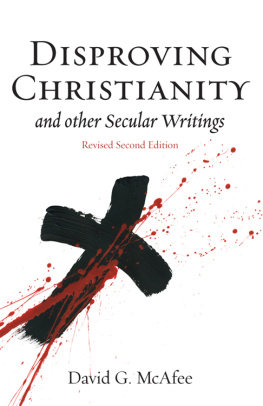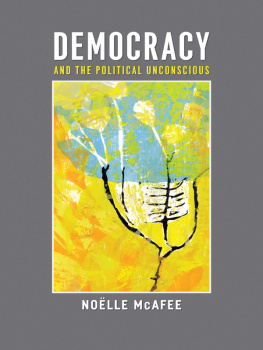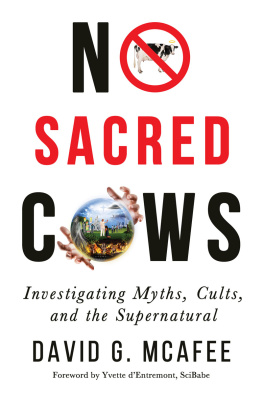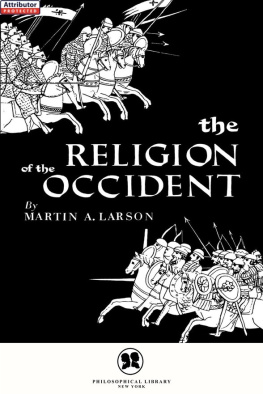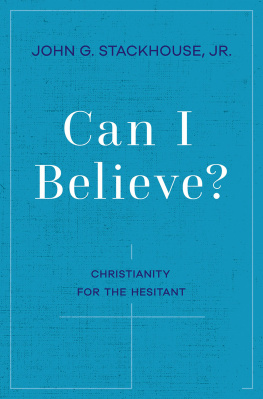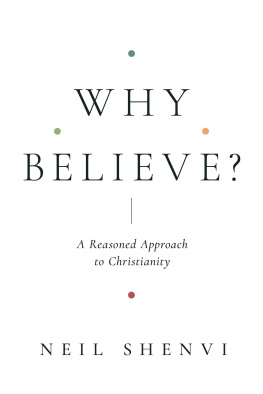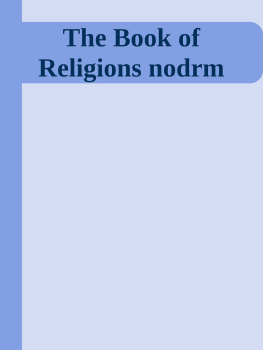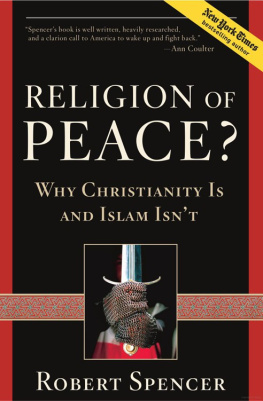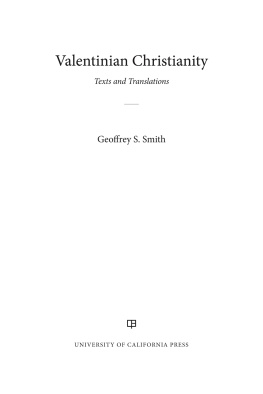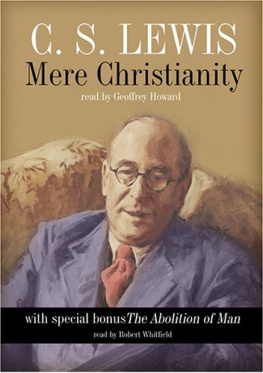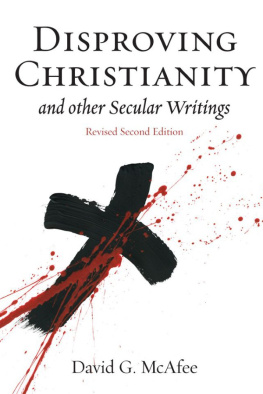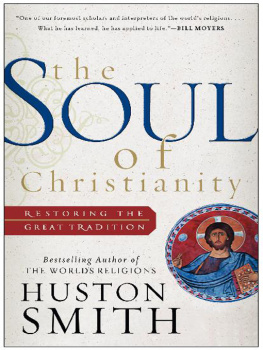IN AMERICA, MOST PEOPLE IDENTIFY with the Christian religionyet I am not convinced that those adherents a) know what it means to be a Christian and understand the historical and metaphorical baggage that comes with such a label, and b) actually follow the biblical teachings associated with the religion. My interest in the field of cultural Christianity began two years ago during an interview with a university student for a local magazine. His name was Mike and he was a second-year theater major at the University of California, Santa Barbara. I had the chance to speak candidly with Mike and used that opportunity to put to him a series of questions regarding his religious preferences and freedoms. His answer to one question in particular would surprise me more than the rest. I asked Mike a very simple question: Do you consider yourself a religious person? A 2001 American Religious Identification Survey indicates that 81% of Americans do associate themselves with a specific religion76% self-identify with Christianityso a Yes would not have been cause for alarm. Instead, Mike paused for a moment and answered, Im half Christian and half agnostic. Before I responded, my mind was filled with ideas of what he could have meant; some blend of Catholic intrigue mixed with skepticism perhaps? Upon elaboration I discovered that Mikes mother was a practicing Protestant and his father was not associated with an organized religionalarmingly, he indicated that this made him half Christian and half agnostic.
When I describe this concept of ones religious identity, I often refer to it as the genetics of religion; I am referring to a phenomenon that I came across during the course of my research in Religious Studies that, to me, demonstrates that religion can be something similar to genetic inheritance in the rates at which is passed on from generation to generation via the parents. For example, people who have extremely limited knowledge of The Bible or its implications may still choose to classify themselves as Christians on the basis that their parents do sothey may never even give it a second thought. This phenomenon of our nations children inheriting religion is often overlooked because the perpetrator guilty of indoctrination is not a dictator or cult leader, but instead it is most often their own parents or close family members. In the course of my research and daily life, it became increasingly apparent that many Americans consider themselves Christians with extremely limited knowledge of the beliefs and practices of the particular religion simply because of their parents, peers, and/or popular culture.
When a child is growing up, there is a crucial period in which he or she begins to ask questions about life and wonder about the origin of existence. This also happens to be a time in which the curious child learns about his or her surroundings and is most impressionable. In a religious family, these questions are typically answered in a religious contextwhether the ideas are introduced in the home, church, or Sunday school. Once these beliefs are instilled in the child, it often becomes a part of his or her identity; so much so that, in many cases, the child will grow up and forever identify him or herself with that specific religion without question or skepticismafter all, these ideas were introduced by a loving and trusted family member, leaving little incentive to doubt their validity. This is not to say that all religious parents pass on their faith to their offspring, but it seems as if it is just as likely as inheriting hair or eye color. For an idea as important as religion, it is a shame that Americans (and people around the world) simply take what they are taught from family at face value as opposed to studying, questioning, and learning about multiple religious traditions in order to make an informed decision regarding how, if at all, these organized belief systems will play a role in their own lives. I often ask Christians who received their religious ideologies from family whether or not they acknowledge the statistical assumption that if they had been born in, say, Indiato Indian parentsfor example, they would probably be affiliated with a denomination of Hinduism instead of the Christian tradition which they now consider to be the absolute Truth, though they would likely hold these religious beliefs with equal or rivaled fervor.
It seems to me that more and more people are treating their religious affiliation as if it were an inherited trait, as opposed to an individual right and a decision not to be taken lightly. The momentous event of choosing a religion, or lack of religion, should not be a mindless reflex but a carefully scrutinized moment in life and the key to this moment, as it is in many crucial decisions, is information. When a child is raised in religion, it eliminates the choice in what is arguably the most important decision one can make in a lifetimethe decision of which religion, if any, to follow. While researching this topic, I spoke to a Catholic priest regarding the issue of cultural Christianity; he wished to be referred to only as John. John responded by making the point that religion is the only way to teach our young children how to be moral in todays society; I personally believe that we are better than this. Morals do exist outside of organized religion, and the morality taught by many of these archaic systems is often outdated, sexist, racist, and teaches intolerance and inequality. When a parent forces a child into a religion, the parent is effectively handicapping his or her own offspring by limiting the abilities of the child to question the world around him or her and make informed decisions. Children raised under these conditions will mature believing that their religion is the only correct one, and, in the case of Christianity, they will believe that all who doubt their religions validity will suffer eternal damnation. This environment is one that often breeds hate, ignorance, and justified violence. This concept of cultural Christianity closes the minds of some believersmaking our task of disproving Christianity to the lay believer a difficult, yet necessary, endeavor.
AS STATED IN THE PREFACE, Christianity is the worlds most popular religion and therefore a logical choice for beginning a method of disproval for other supernatural claims. In the United States of America, the Christian tradition is so overwhelmingly prevalent that it has influenced our laws, our nations formation, political appointments, and many other aspects of daily life. The United States of America is the land of freedom; our federal Constitution even guarantees the citizens of this nation the freedom of religion, speech, the press, and individual opportunity to pursue happiness. The Constitution also guarantees the freedom to be governed by a secular political system, commonly known as the separation of church and state; this simply means that our government should be free of religious influences in order to avoid a nation oppressed by a religious majority much like the one that our Constitutions framers had escaped. One may see that, on the surface, the American government is primarily a secular entity in that America, unlike some countries, does not have a national religion, but many things about this countrys formation, monetary systems, and laws are anything but secular and are undeniably influenced by Christianity.
The attitude of many early Christian missionaries who helped shape todays society was that of Christian superiority. Many of these early settlers sought to destroy any Native American who refused to convert to Christianity or came in between them and their God-given destiny. Manifest destiny is the belief that many Americans shared in the early 1800s that it was Americas destiny to control the entire North American continent. To many early American settlers, this meant that it was Gods will that the United States of America expand its territory from the East Coast to the West Coast. These early Christian

